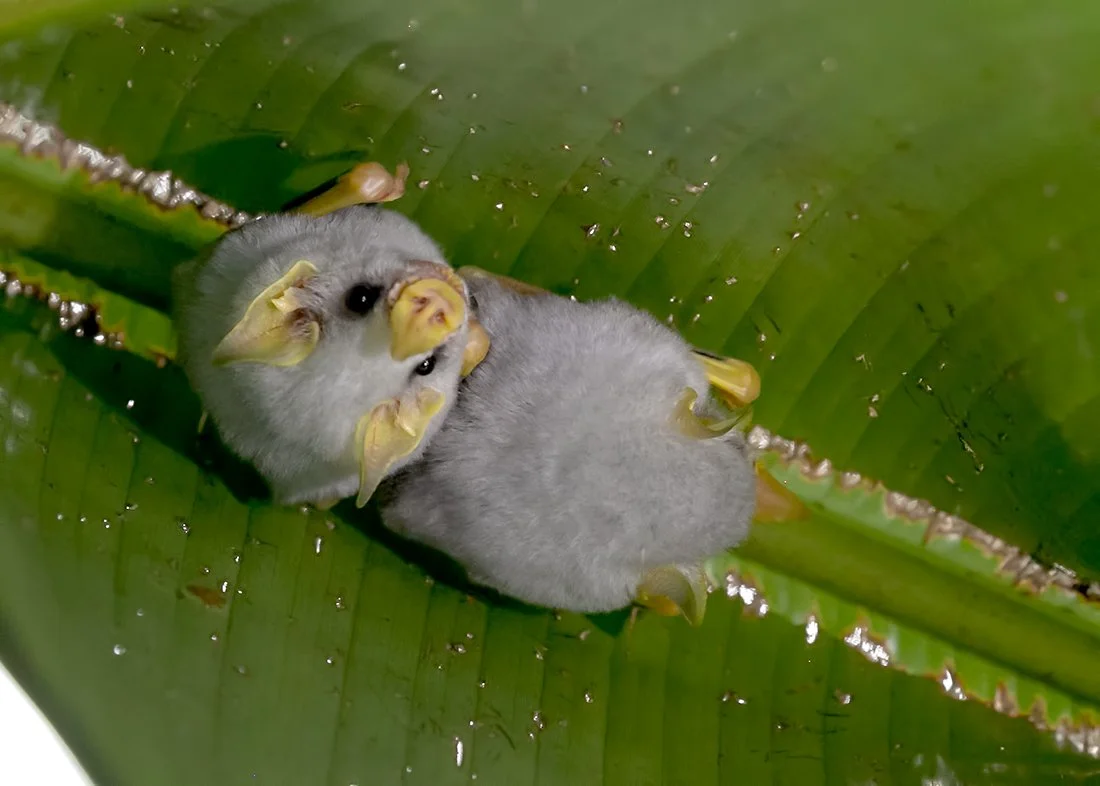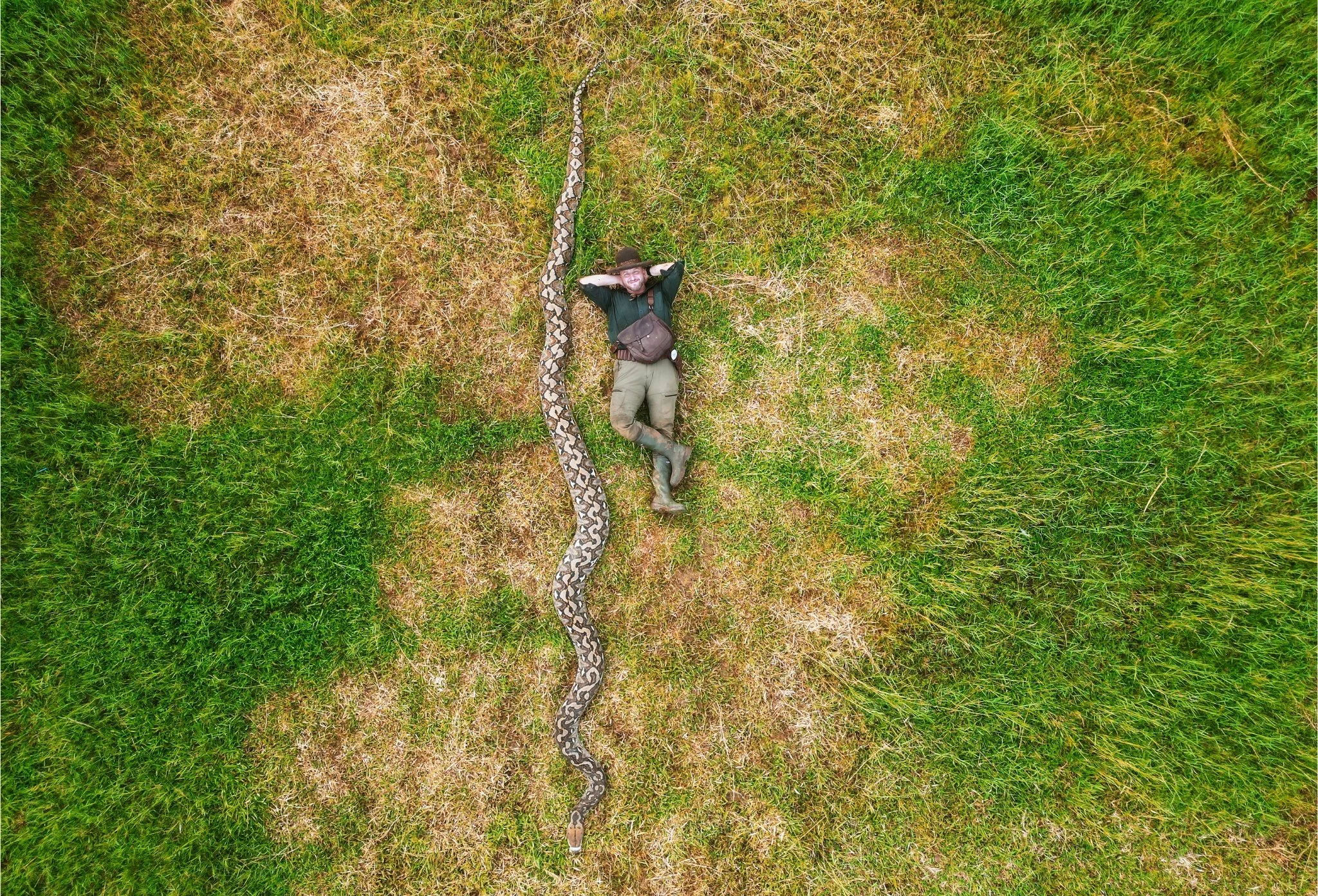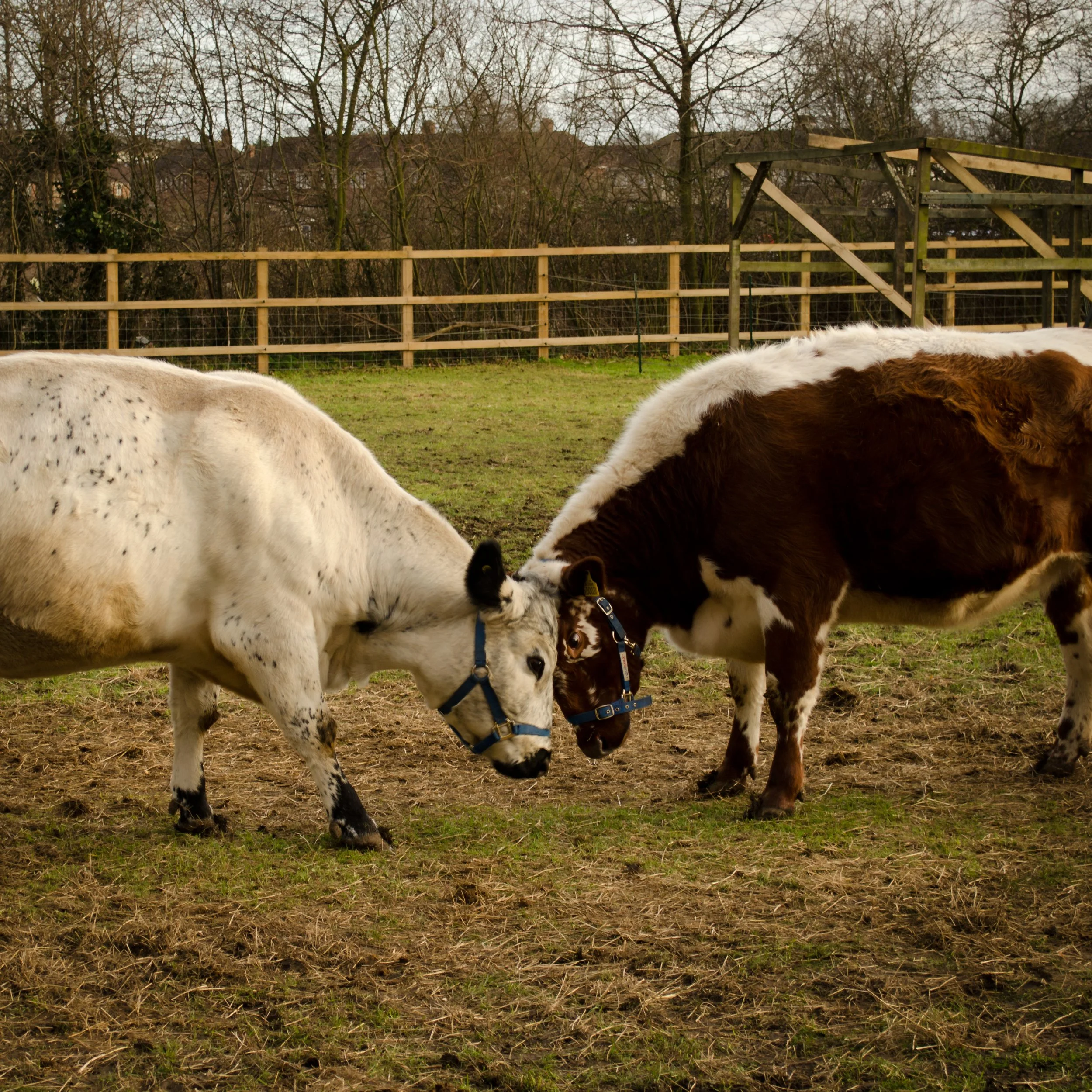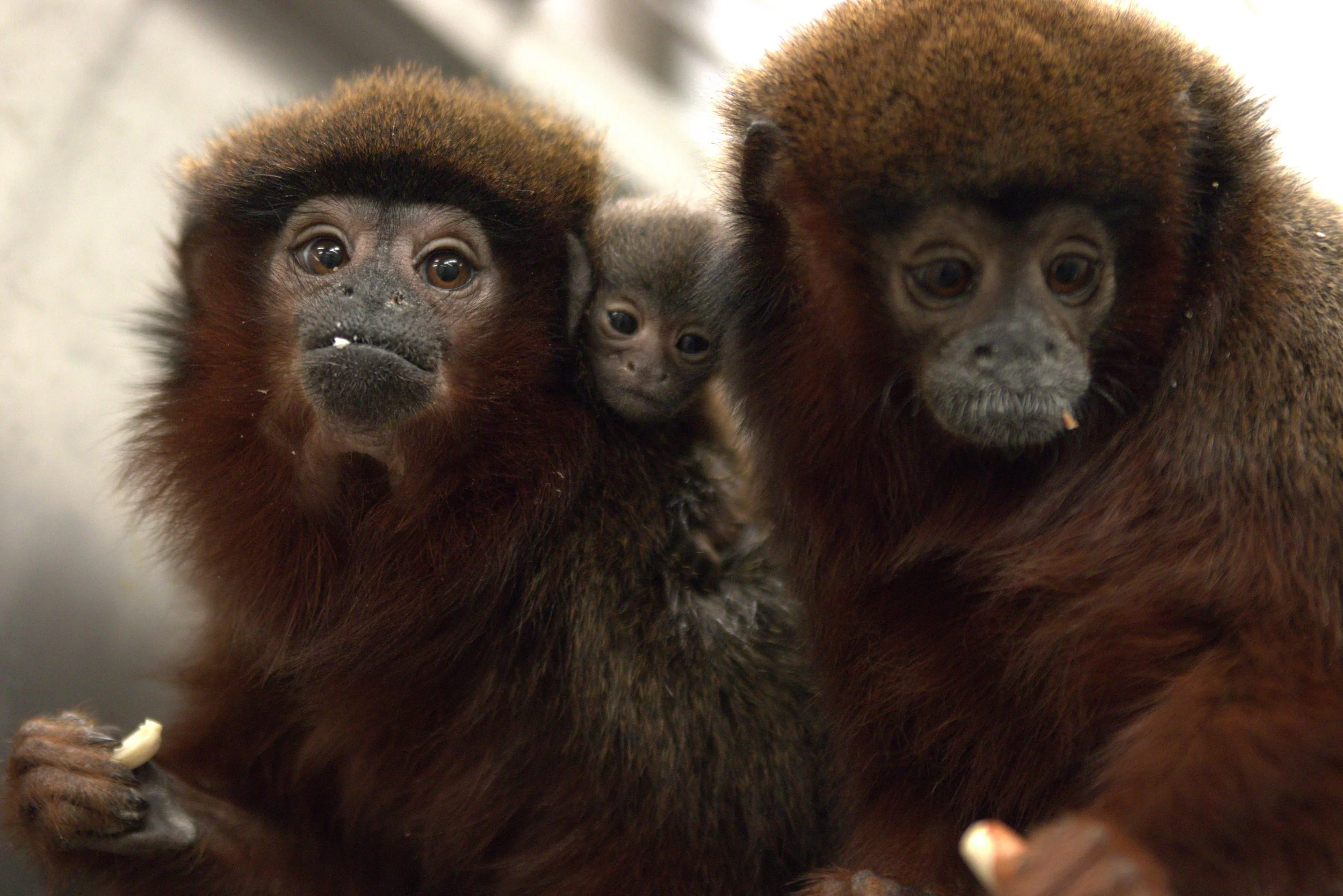

Tent-Making Bats
In the tropical forests of Central and South America, skilled architects create intricate structures without the help of blueprints, tools, or even hands. Using only their teeth and claws, certain bats can fashion leaves into cozy tents.
Read my article on the National Geographic Explorers studying tent-making bats: These Bats Make Intricate Tents Out of Leaves.

Record-Breaking Snake
Meet Ibu Baron (“The Baroness”), a reticulated python found in Sulawesi, Indonesia. Guinness World Records just crowned her the longest verifiably measured wild snake in the world.
Read more at National Geographic: Meet ‘The Baroness’ - the World’s Longest Wild Snake.

AI-Enabled Wearables and Mental Health
About 45% of Americans regularly wear a smartwatch or fitness tracker, including 70% of Gen Z-ers and more than half of millennials. Individuals use these devices to collect data for insights into their physical health and well-being. But can wearable devices also provide a window into a person’s mental health?
Read more at IEEE Pulse: Toward Personalized Healing: AI-Supported Wearables in Mental Health Practice.

Play and Animal Welfare
Play is important for animals in captivity, both as an indicator of their emotional states and as a contributor to their long-term welfare. But we have a lot to learn about how and why different animals play.
Read more at my Animal Minds blog: The Role of Play in Animal Welfare.

Personality and Pair-Bonding
In humans, personality similarity between partners can lead to better compatibility and well-being. Is the same true for other pair-bonding primates?
Read my latest Animal Minds post: Monkey Matchmaking and Why It Matters.
